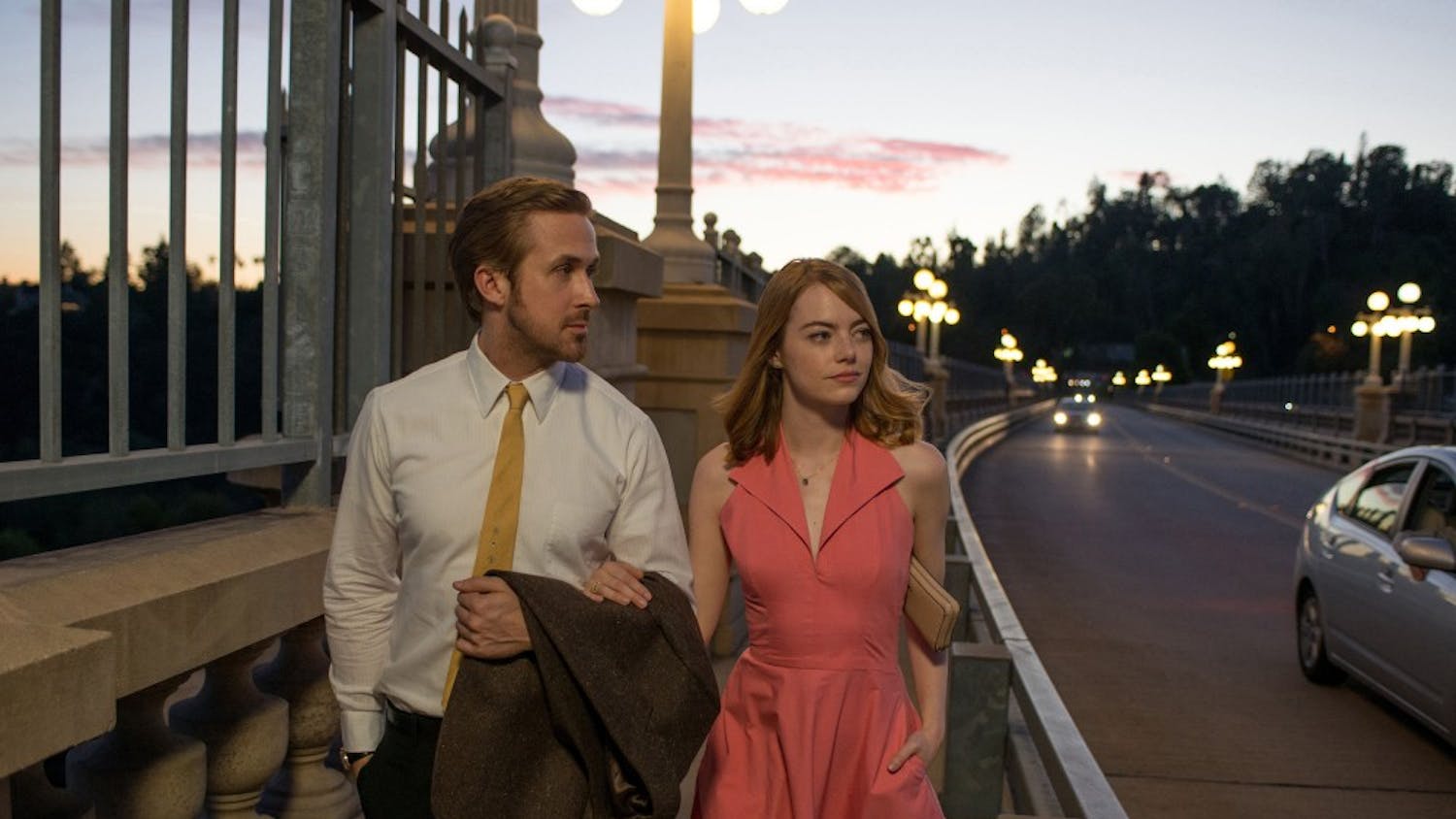Everyone knows Dolly Parton – for her hair, her fashion, her rags-to-riches story and, of course, her breasts. With a character like Dolly, all the outsized personality, from Dollywood to her outrageous outfits, it’s easy to forget that she’s more than sequins and rhinestones. Now that she has a new album out in stores, it’s worth taking a look back at some Dolly classics to put her career in context.
Back in the ’60s and ’70s, country music was still the territory of singles, and although Dolly’s albums were filled with Nashville fluff, her individual songs shimmered with the vitality of her knockout voice. Listening to her 1975 Best of compilation, the emotional honesty of her songs stands out as an unsentimental look at life, contrasting her dripping sentimental voice. Before she was the Dolly brand, Dolly Parton truly embraced both contradictory parts of the country ethos: the hard-luck descriptions of country life and the polished sheen of a crafted voice.
Take “Jolene,” for instance. Here you have a song about a red-haired, green-eyed monster coming to steal Dolly’s man, but instead of taking it down the usual path of retribution or simple pleading, Dolly plumbs the psychological depths by turning the song into a celebration of her rival. Does she really want her man, if she seems so resigned to give him to Jolene (“whatever you decide to do, Jolene”)?
Additionally, what is the listener to make of the ghostly thin double-tracked Dolly in the background? The twin Dolly singing backup makes for an eerie split in her character’s mind – between wanting to keep her man and wanting to see Jolene take him away, between the rustic traditional country and the new, independent city. Her nickname, “The Iron Butterfly,” makes this self-contradiction clear and shows how her words of steel manage to float as gracefully as a country breeze.
Simple metaphors such as “The Bargain Store” woman and the patchwork “Coat of Many Colors” never pretend to some higher concept, but Dolly manages to fill out their frames with remarkable elegance. Her tiny, almost imperceptible warbles ply the ear of any listener, no matter how cold the heart, each unsure touch of vibrato turning quickly to determination and earnestness. Even with lyrics such as “Your laughter brings me sunshine / Every day is springtime,” Dolly’s delivery is enough to convince a listener that those words don’t feel trite at all to her.
Of course it’s cheesy, but no one can sell cheese quite like Dolly Parton. For instance, contrast Dolly’s original stripped-down tear-jerker “I Will Always Love You” with Whitney Houston’s overworked wail-fest. Houston’s string-drenched ’90s monument is all about Whitney’s own voice, but in the wake of it all, we lose the sense of personal pain of the song’s story.
But where Whitney oversells her strength, Dolly keeps the song in her heart, exuding the kind of quiet inner will that keeps her hard-luck characters from caving. Instead of muscling through the high notes, Dolly lets them sob and sigh so we can feel a deeper pain than losing Kevin Costner. Exploitative? Sure. Effective? You bet.
That effectiveness extends to the other potential pitfalls of country music. While much of country’s addiction to nostalgia narrows its artistic vision, Dolly dives into her memories to investigate her nostalgic past rather than simply replicate it.
For example, on a seemingly transparent sing-along like “My Tennessee Mountain Home,” Dolly can’t avoid foreshadowing the future right around the corner. The idyll of the perfect mountain hideaway of birds and daffodils is broken by the two sweethearts “makin’ future plans,” and just as those plans come along, the final chorus turns more wistful than the first two. We know that life here may be as peaceful as a baby’s sigh, but that baby has to grow up sometime, fading away with the eerie whistle at the end of the song.
Even on rollicking numbers like the upbeat “Travelin’ Man,” Dolly can’t quite contain the ghosts of the South. When Dolly’s mother runs off with Dolly’s own travelin’ suitor, it may all seem a little Jerry Springer, but a song like this also points to the abandonment so common in Dolly’s work. Rejection and abandonment become spaces of miraculous regeneration within a stomping beat and a voice that seems perpetually in crescendo.
Although Dolly, Inc. may seem artificial and mawkish today to a casual observer, her early work proves that her sentimentality is far from unnatural. If anything, her overflow of emotion helps to bridge together past and present in a way that few other country artists have, and by hanging onto her emotional core, Dolly has endured.
Times may change, careers come and go, but Dolly is still here to stay.
The Dolly Lama
Worshipping at Dolly Parton’s rhinestone altar

Get stories like this in your inbox
Subscribe





